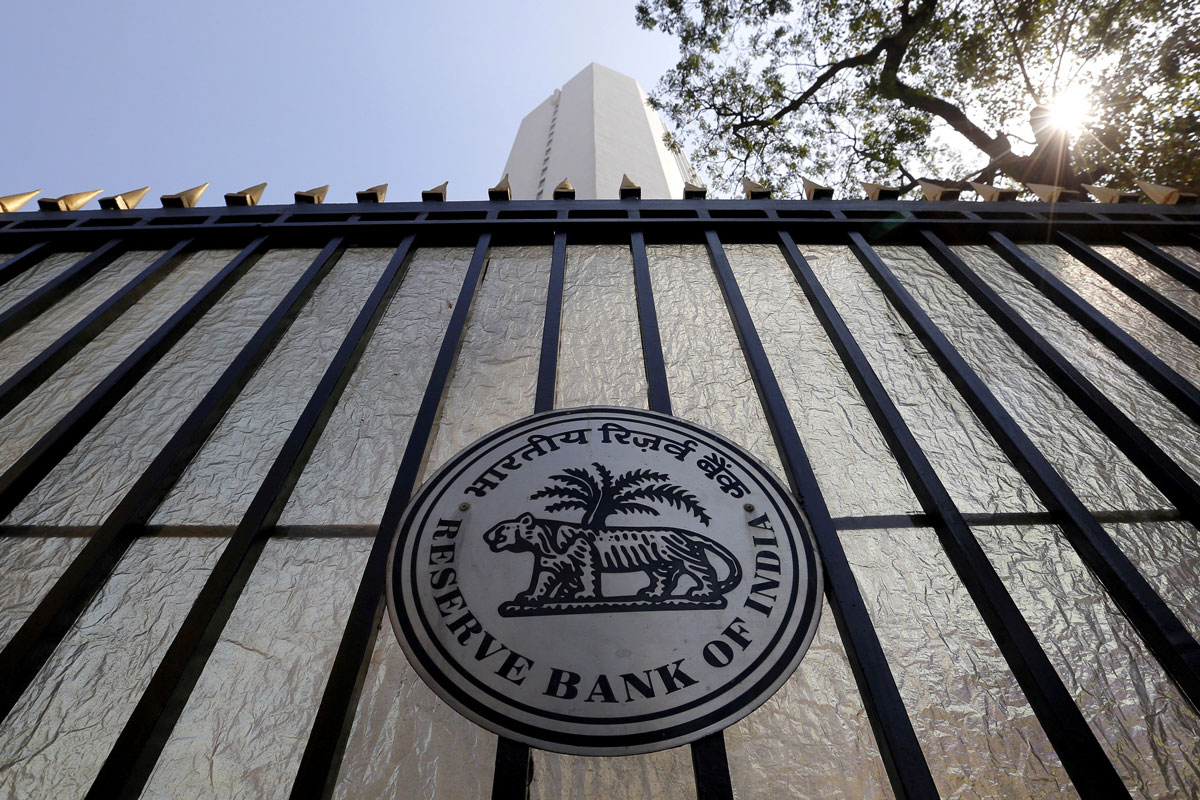The Centre and Reserve Bank of India on Tuesday informed the Supreme Court that the moratorium on repayment of loans is extendable by up to two years but a waiver of interest on interest during moratorium would go against the basic canons of finance, On August 6, a RBI circular had permitted lenders to allow a moratorium of up to two years.
In an affidavit, the Ministry said: “The resolution plans may inter alia include rescheduling of payments, conversion of any interest accrued, or to be accrued, into another credit facility, or, granting of moratorium, based on an assessment of income streams of the borrower, subject to a maximum of two years.”
Advertisement
The affidavit was filed in response to a bunch of petitions demanding waiver of interest, or waiver of interest on interest on the deferred EMIs during the moratorium period.
The affidavit stated that the moratorium period, if granted, shall come into force immediately upon implementation of the resolution plan. Appearing for the RBI and the central government, Solicitor General Tushar Mehta contended before a bench headed by Justice Ashok Bhushan that the Centre is in the process of identifying the distressed sectors to decide what kind of relief could be provided, as per the impact of the hit they have taken.
The ministry said with the August 6 RBI circulars, banks were fully empowered to resolve Covid-related stress and customise relief to individual borrowers through grant of various concessions in terms of: “(i) alteration in the rate of interest and haircut on amount payable as interest; (ii) extension of the residual tenor of the loan, with or without moratorium, by up to two years; (iii) waiving penal interest and charges; (iv) rescheduling repayment; (v) converting accumulated interest into a fresh loan with a deferred payment schedule; and (vi) sanction of additional loan.”
The Ministry said the RBI circulars take care of the MSME sector, personal loans and corporate loans, keeping in mind the overall financial stability of the economy, economic stability of the banking sector and interest of the depositors in mind. “It is respectfully submitted that considering the fact that the time limit for continuance of the present economic issues is uncertain, as a policy it is undesirable to give any ‘one-size fit all’ solutions,” said the affidavit.
The ministry insisted that in any banking sector when financial assistance is rendered by way of loans, a balance has to be maintained with the interest of crores of depositors, most of whom are merely depositors and surviving on the interest they receive on their deposits.
“On an approximate basis, there are over 197 crore deposit accounts in the country in commercial banks alone, in which depositors have deposited their money and are earning interest,” added the ministry.
Elaborating on the extendable moratorium, the ministry said this extended moratorium becomes part of an individualised solution for a borrower and is made available along with other interventions.
“Thus, a borrower, who is fearful of being in default as on 1st September and becoming an NPA soon thereafter, could continue to avail moratorium as a part of the resolution plan implemented in terms of the above circular,” said the ministry.
Mehta clarified that the moratorium is capable of being extended by two years as per the circular. He also informed the top court that the Centre has filed its reply on the powers under Disaster Management Act, and urged the court to allow Centre, RBI, bankers associations to sit together.
The bench replied that it has been hearing about this meeting since past three hearings on the matter. Mehta submitted that they will identify the class of borrowers.











